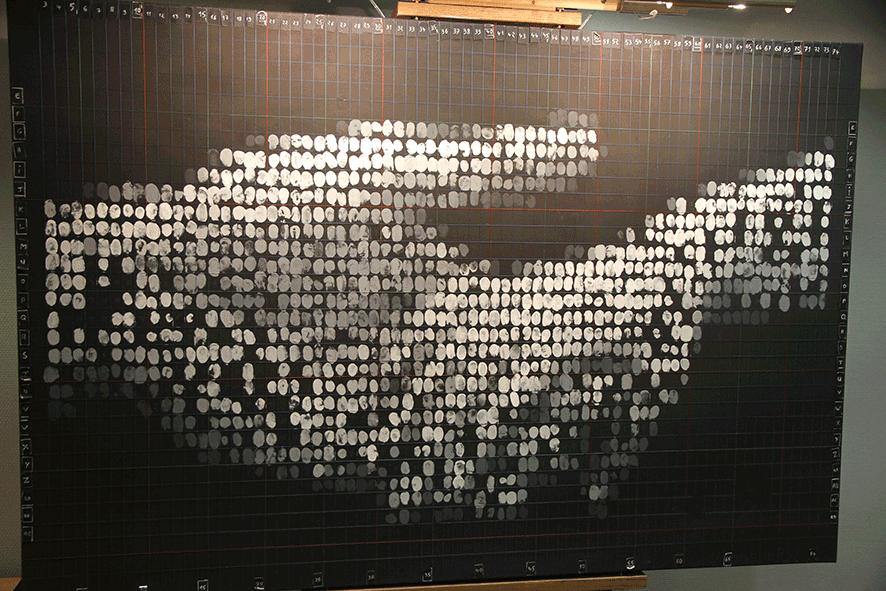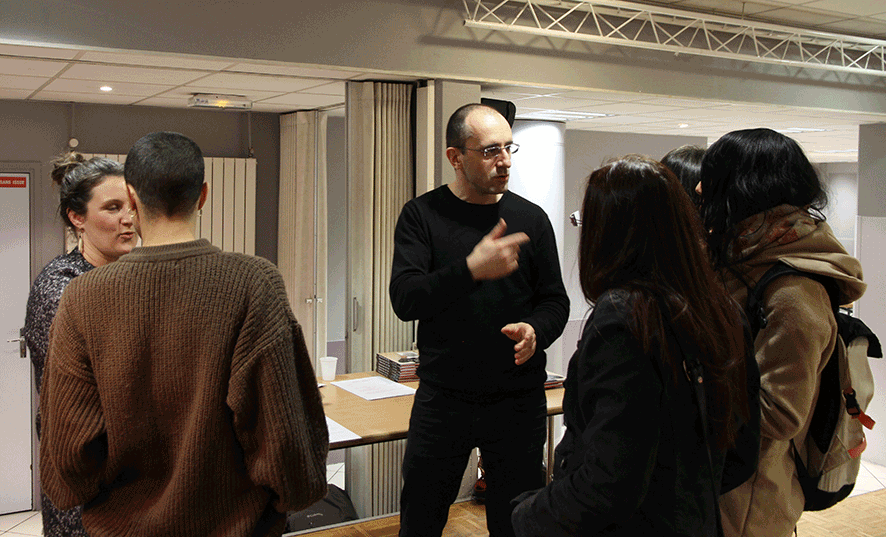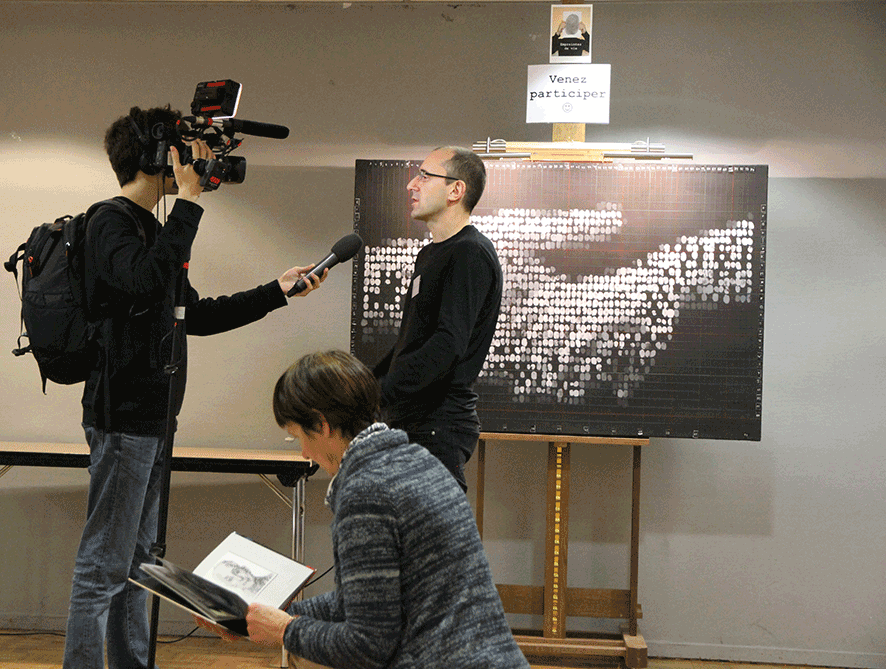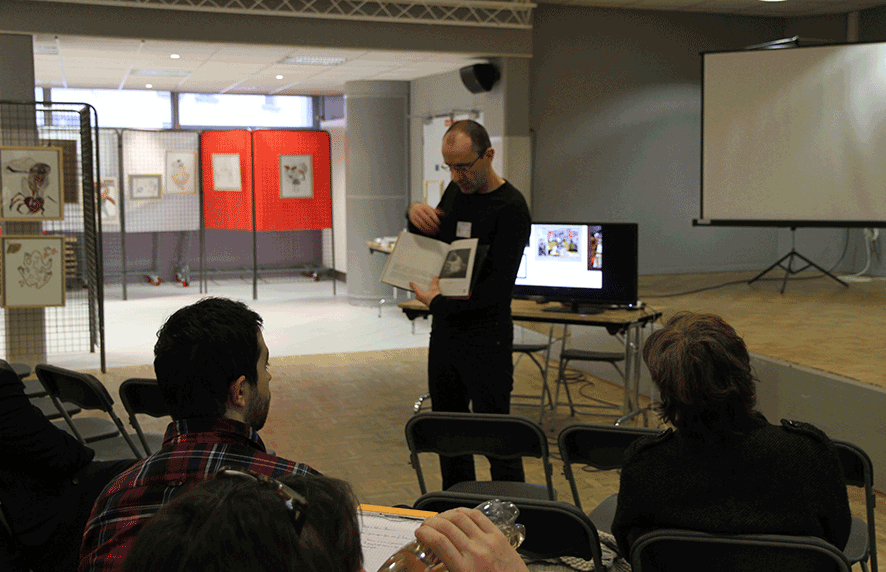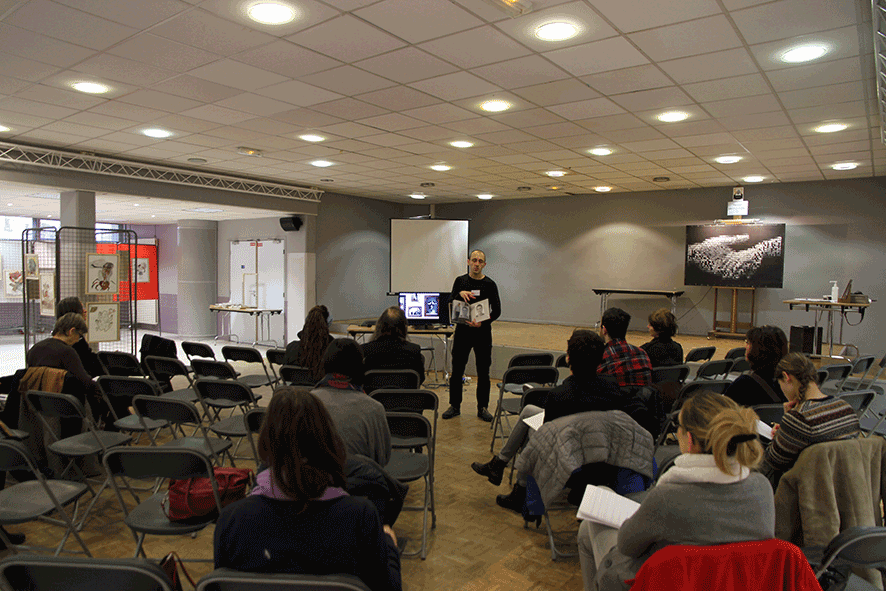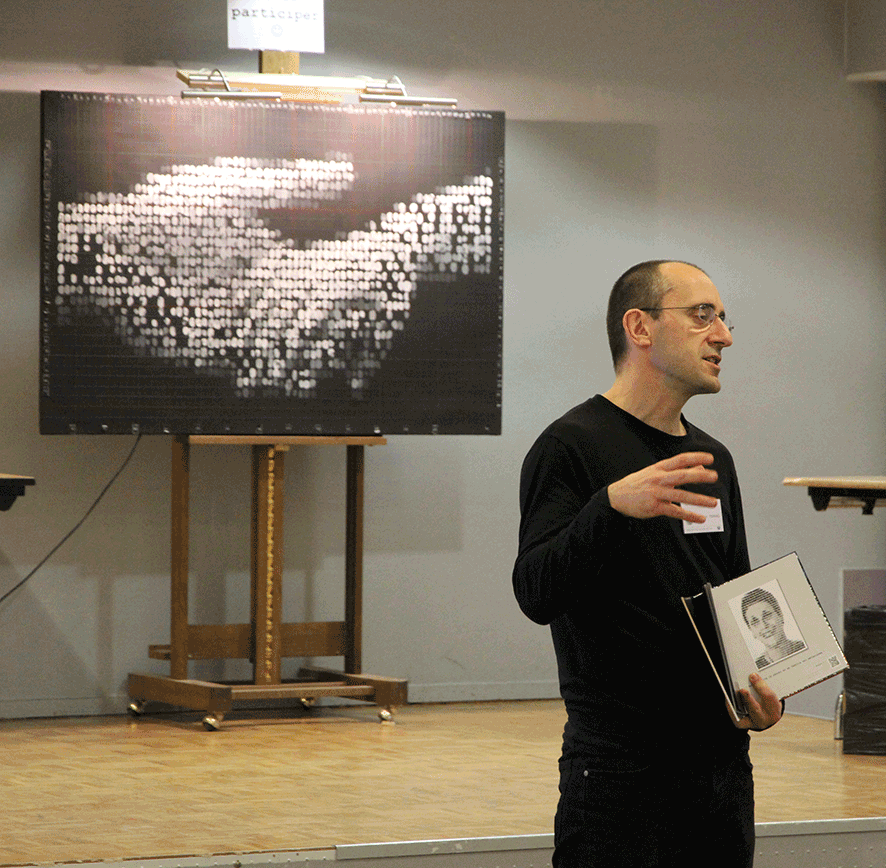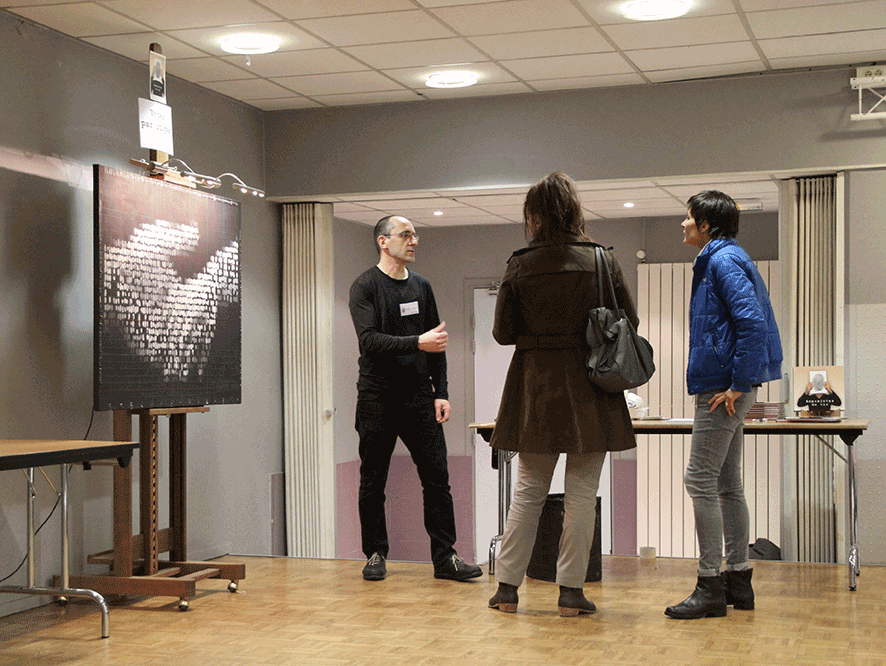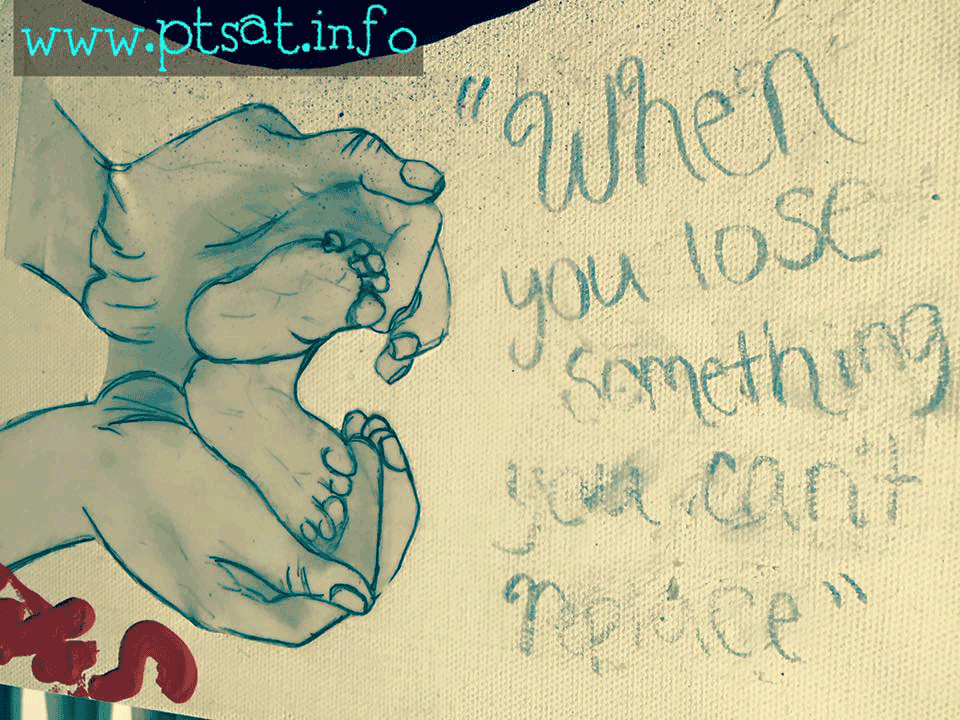19 mars 2016 – Journée Exposition conférences sur l’Art-Thérapie à Clichy la Garenne
Participation toute la journée de Olivier Terral
olivier-terral–empreintes-de-vie
Plasticien – avec Empreintes de vie, une association Clichoise
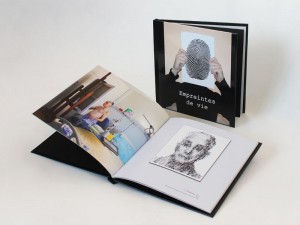 Le travail d’Olivier a commencé par une courbe aléatoire ne se finissant jamais. C’est une représentation abstraite de la féminité, puis en recherchant une harmonie et un équilibre dans les couleurs, faisant appel à ma sensibilité. Ainsi naquirent » les Demoiselles « .
Le travail d’Olivier a commencé par une courbe aléatoire ne se finissant jamais. C’est une représentation abstraite de la féminité, puis en recherchant une harmonie et un équilibre dans les couleurs, faisant appel à ma sensibilité. Ainsi naquirent » les Demoiselles « .
Définition
La biométrie repose sur le principe de la reconnaissance de caractéristiques physiques (empreintes digitales, visage…).
La biométrie est destinée à déterminer l’identité d’une personne de manière irréfutable. Elle se base sur ses caractéristiques biologiques uniques qui la distinguent d’une autre. Elle ne peuvent être associées qu’à une seule personne.
le projet Empreintes de Vie
Via leur empreinte individuelle déposée sur la toile, les personnes fréquentant le monde hospitalier réalisent par petite touche une oeuvre artistique.
De cette participation individuelle naît une oeuvre collective. Elle s’ouvre aux familles et aux publics et crée ainsi un lien dépassant la simple relation soignés-soignants.
Oeuvrons ensemble
Oeuvrons ensemble donne au grand public l’opportunité de vivre une expérience collective. On construira une oeuvre d’art plastique composée de l’empreinte digitale de chacun.
L’objectif est de faire ressentir autrement l’oeuvre. On passera de simple spectateur à acteur. On fera surgir ensemble le beau pour montrer que l’humanité peut se dépasser.
Soutenir le projet
Pour continuer à faire progresser le projet dans les hôpitaux et/ou avec le public, l’association Culture de vie qui soutient le travail d’Olivier TERRAL a besoin de votre aide. Elle peut être financière ou sous forme de dons en nature (lieu d’exposition, toiles, matériels divers) ou sous forme de bénévolat (permanences, vidéo-montages.
Pour faire un don ou pour vous investir dans les activités de l’association, vous pouvez nous contacter via l’email contact@empreintesdevie.fr
Nous vous remercions par avance de faire vivre ce projet
